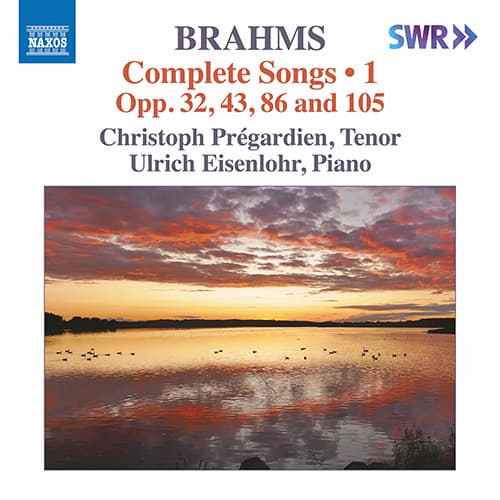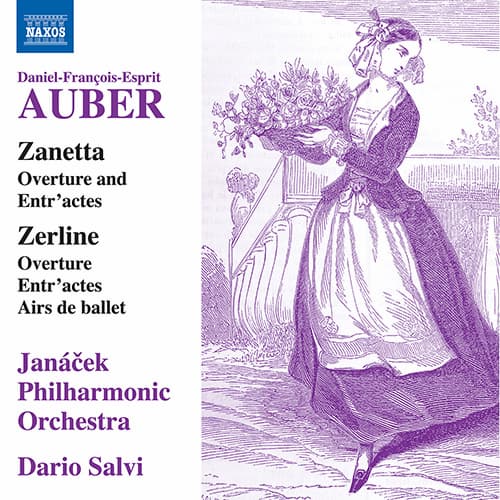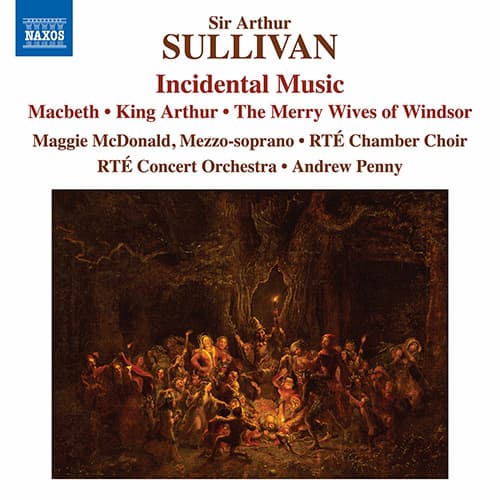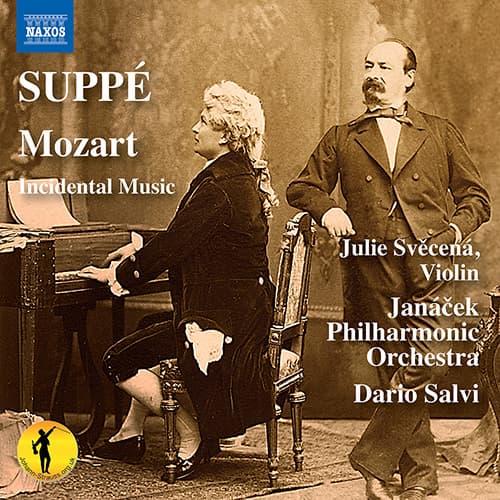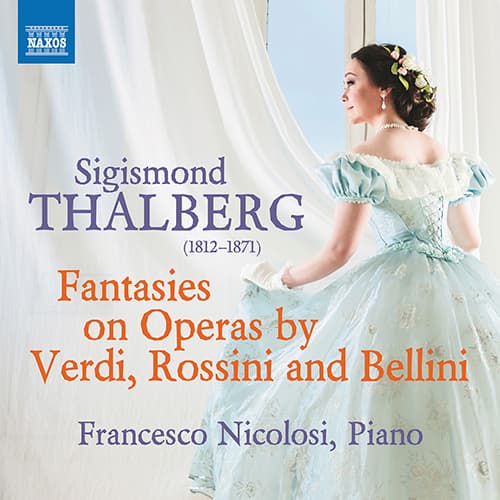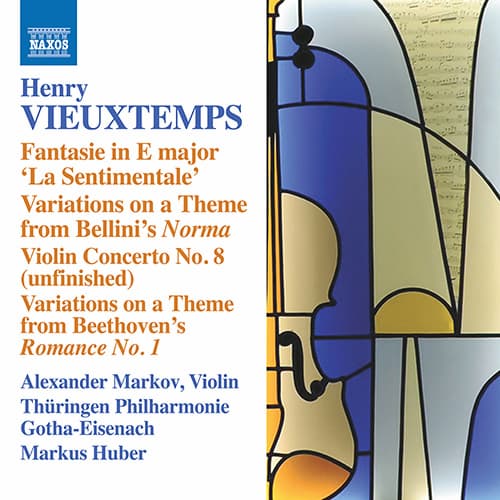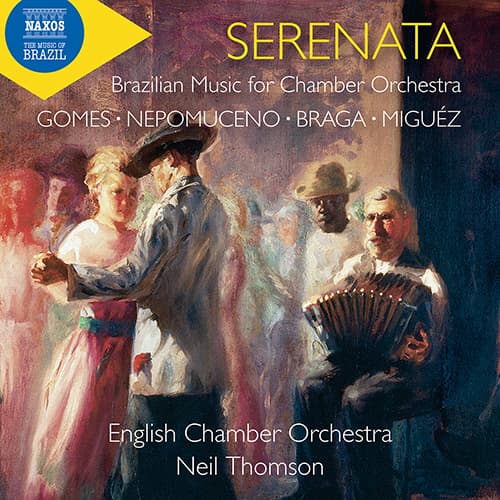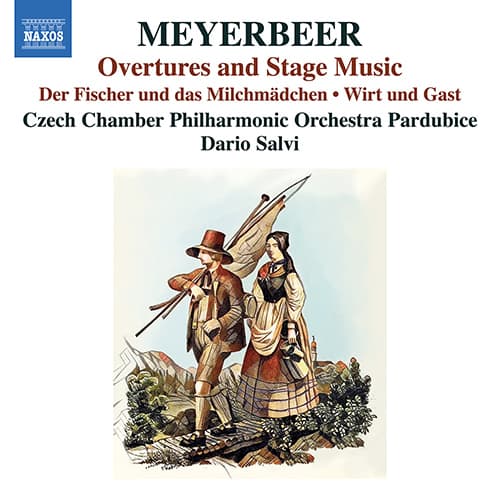Composers of German Lied have the ability, especially starting with Schubert, to bring a deeper meaning to poetry. A poetic reading of Goethe’s Der Erlkönig can convey the voices of the characters, but it’s Schubert’s piano that provides the horse
Archives
Daniel-François-Esprit Auber (1782–1871) became a serious composer when he hit his 40s. His first grand opera, La Muette de Portici (1828) was also the start of his success. His discrete and nuanced operas, set to the librettos by the dramatic
Sir Arthur Sullivan (1842-1900), whose name is linked almost as one word with that of the librettist W.S. Gilbert for their 14 comic operas created between 1871 and 1896, was, before that partnership, an accomplished composer of many other genres
The 19th century saw the idea of travel hit everywhere. There was the Grand Tour, the novels where one went from home to exotic Brighton now changed to novels where one went around the world or even to the moon.
Verdi’s Rigoletto, with its story of seduction and deception at the court of the Duke of Mantua, culminating in a murder attempt that goes horribly wrong, was most famous for the Duke’s philandering song, La donna è mobile. In his
The Art of the Virtuoso: Vieuxtemps’ Variations on a Theme from Beethoven’s Romance No. 1 in G Major
Henry (Henri) Vieuxtemps (1820-1881), from Belgium, was one of the top violinists of his time. In the mid–19th century, the Franco-Belgian violin school set the standard for the world and Vieuxtemps was one of the leaders. His father was a
Brazil, like many countries in the 19th century, saw the rise of a well-to-do middle class that then needed entertainment. In the field of classical music, the Imperial Conservatory was founded in Rio de Janeiro in 1848 and the Academy
Giacomo Meyerbeer (1791-1864), born the year Mozart died, found his own musical art in his youth. His first production, a ballet, was staged when he was 19 and still a student. After studying in Germany, Meyerbeer went to Italy, where

